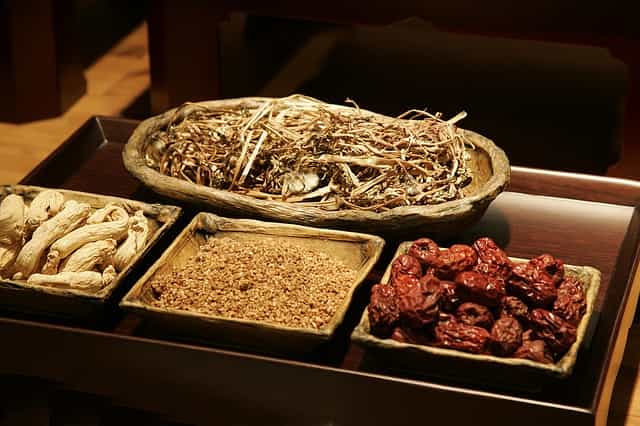A recently published article aimed to summarize the research regarding the effectiveness of Chinese herbal medicine for stroke prevention.
Globally, stroke is the leading cause of serious disability and is second only to heart disease in terms of the number of reported victims. With the aging of the population and the recent increase in unhealthy lifestyles, its incidence has continued to increase. However, many stroke risk factors are actually modifiable. From high blood pressure to obesity, these risk factors can be managed with medications and healthy lifestyle changes. On the other hand, when left unchanged, these interconnected risk factors combine and put some people at even greater risk of having a stroke. Previous research suggests that treating modifiable risk factors can potentially inform stroke prevention strategies, improve patients’ quality of life, and reduce associated health care costs.
With a history spanning over 2,500 years, Chinese herbal medicine harnesses the power of medicinal plants and certain other natural ingredients to treat various chronic illnesses. It has been hypothesized that Chinese herbal medicine has the potential to treat certain risk factors for stroke, including type 2 diabetes, hypertension and obesity. Unfortunately, little research has been conducted on the subject, the effectiveness of Chinese herbal therapies on these risk factors remains unclear.
A recent systematic review published In Chinese medicine set out to evaluate the safety and potential benefits of Chinese herbal medicine interventions in the context of stroke prevention. Based in Australia, the literature search included randomized controlled trials and crossover studies spanning 1996 to 2016. A total of 46 trials were found on the topic of CHM interventions in the management of stroke risk factors cerebral: twelve trials for hypertension, ten trials for diabetes, eight trials for hyperlipidemia, seven trials for impaired glucose tolerance, three trials for obesity and six trials for combined risk factors.
The systematic review found that, in addition to biomedicine and/or lifestyle change, the use of Chinese herbal medicine interventions was found to be more effective in lowering blood pressure, decreasing the rate of blood glucose and reduce body weight compared to the use of Chinese herbal medicines. medicine alone. However, the researchers urge readers to take this information with a grain of salt, citing the widely varying study designs and methodologies of the trials used for this review article.
Researchers also point out that risk factors for stroke can vary between ethnic groups; therefore, given that the majority of trials studied were conducted in a Chinese population, the results of this systematic review may not be universally applicable. Nonetheless, the article highlights the promising potential benefits of Chinese herbal medicine as a treatment, especially when used in combination with biomedicine and healthy lifestyle changes. This subject therefore deserves future trials and additional research, carried out on larger samples and more diverse populations, with the implementation of more specific methodologies and longer follow-up times. Perhaps then we will have more concrete answers.
Written by Rebecca Yu
Source: Peng, W., Lauche, R., Ferguson, C., Frawley, J., Adams, J. and Sibbritt, D. (2017). Efficacy of Chinese herbal medicine for modifiable risk factors of stroke: a systematic review. Chinese medicine, 12(1), 25.
